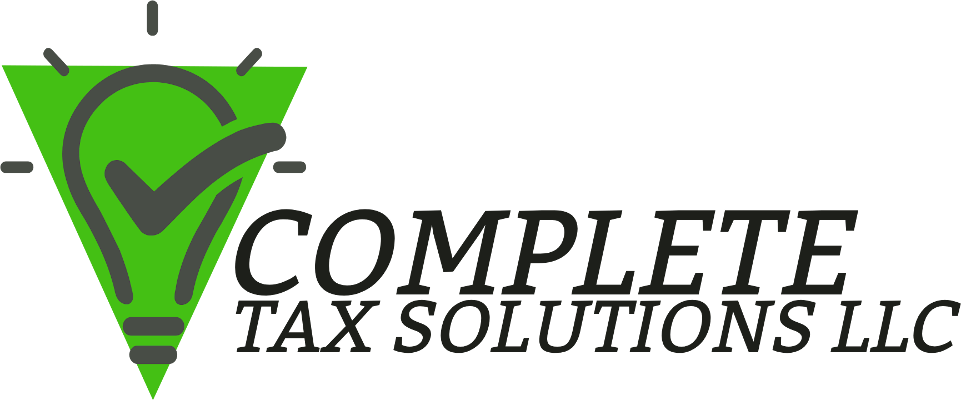School is back in session in most areas, and students and teachers are again returning to the classroom. It’s unfortunate, but many teachers find themselves having to pay for necessary classroom supplies our of their own pocket. The educator expense deduction allows these eligible teachers and administrators to deduct part of the cost of technology, supplies and training from their taxes. They can only claim this deduction for expenses that weren’t reimbursed by their employer, a grant or other source.
Eligible educators
To be eligible for the educator expense deduction, you must be a kindergarten through grade 12 teacher, instructor, counselor, principal or aide. You must also work at least 900 hours a school year in a school that provides elementary or secondary education as determined under state law.
Deduction limits
Starting on tax returns for 2022, educators can deduct up to $300 of trade or business expenses that weren’t reimbursed. If two married educators are filing a joint return, the limit rises to $600.
For 2021 returns, the limit is $250, or $500 for married educators filing jointly. If you are a teacher preparing for the school year, you should remember to keep receipts after making any purchase to support claiming this deduction.
Qualified expenses are amounts the educator paid himself or herself during the tax year.
Examples of expenses an educator can deduct include:
- Professional development course fees
- Books and supplies
- COVID-19 protective items to stop the spread of the disease in the classroom
- Computer equipment, including related software and services
- Other equipment and materials used in the classroom
